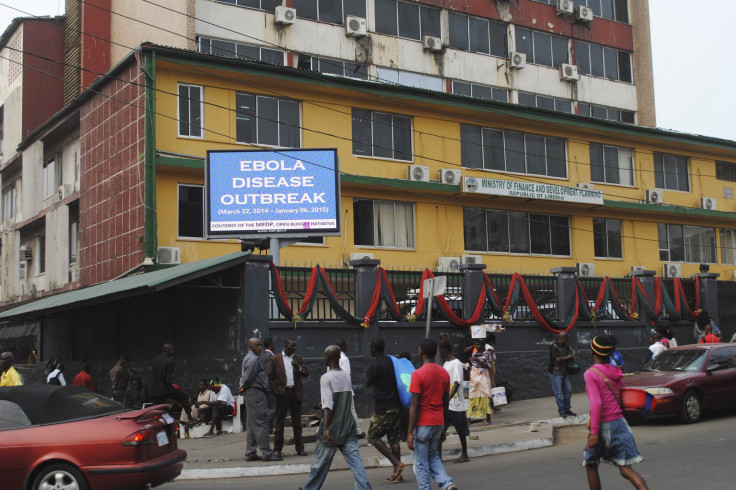Ebola Crisis: Oxfam Calls For International 'Marshall Plan' To Help Affected Nations Recover

International charity organization Oxfam on Monday called for an international post-Ebola “Marshall Plan” to ensure that African nations worst-affected by the ongoing viral outbreak do not suffer from a “double disaster.” The statement by Oxfam came just days after authorities in Liberia, which has recorded the highest number of deaths from the disease, announced that only five confirmed cases of Ebola remain in the country.
“The world cannot walk away now that, thankfully, cases of this deadly disease are dropping. Failure to help these countries after surviving Ebola will condemn them to a double-disaster,” Oxfam's Executive Director Winnie Byanyima said, in the statement, urging international donors to hold a pledging conference to donate money to the affected countries.
“The world was late in waking up to the Ebola crisis, there can be no excuses for not helping to put these economies and lives back together,” Byanyima said.
The charity said, in the statement, that much like the post-World War II U.S.-funded recovery plan for Europe, named after the then Secretary of State George Marshall, Ebola-affected nations needed funds to provide jobs, food, education, and sanitation and health care facilities to their citizens.
In a survey conducted in Liberia and Sierra Leone, where over 6,700 people have so far died of the disease and over 19,000 people have been infected, Oxfam found that over 70 percent of families in Liberia had witnessed a drastic decline in their incomes.
According to a World Bank estimate, nearly 180,000 people in Sierra Leone have lost their jobs even as the prices of essential goods continue to rise. Moreover, the African nations hit by the viral outbreak could lose nearly $1.6 billion in combined GDP in 2015, according to optimistic projections by the World Bank.
“People need cash in their hands now, they need good jobs to feed their families in the near future and decent health, education and other essential services. They’ve gone through hell, they cannot be left high and dry,” Byanyima said, in the statement.
The current Ebola outbreak has claimed more than 8,600 lives and infected over 21,000 people since it was detected in Guinea in March last year, making it the deadliest Ebola outbreak on record. In recent weeks, however, Guinea, Sierra Leone and Liberia have all seen a fall in infection rates amid an unprecedented global response to curb the spread of the disease.
© Copyright IBTimes 2024. All rights reserved.





















